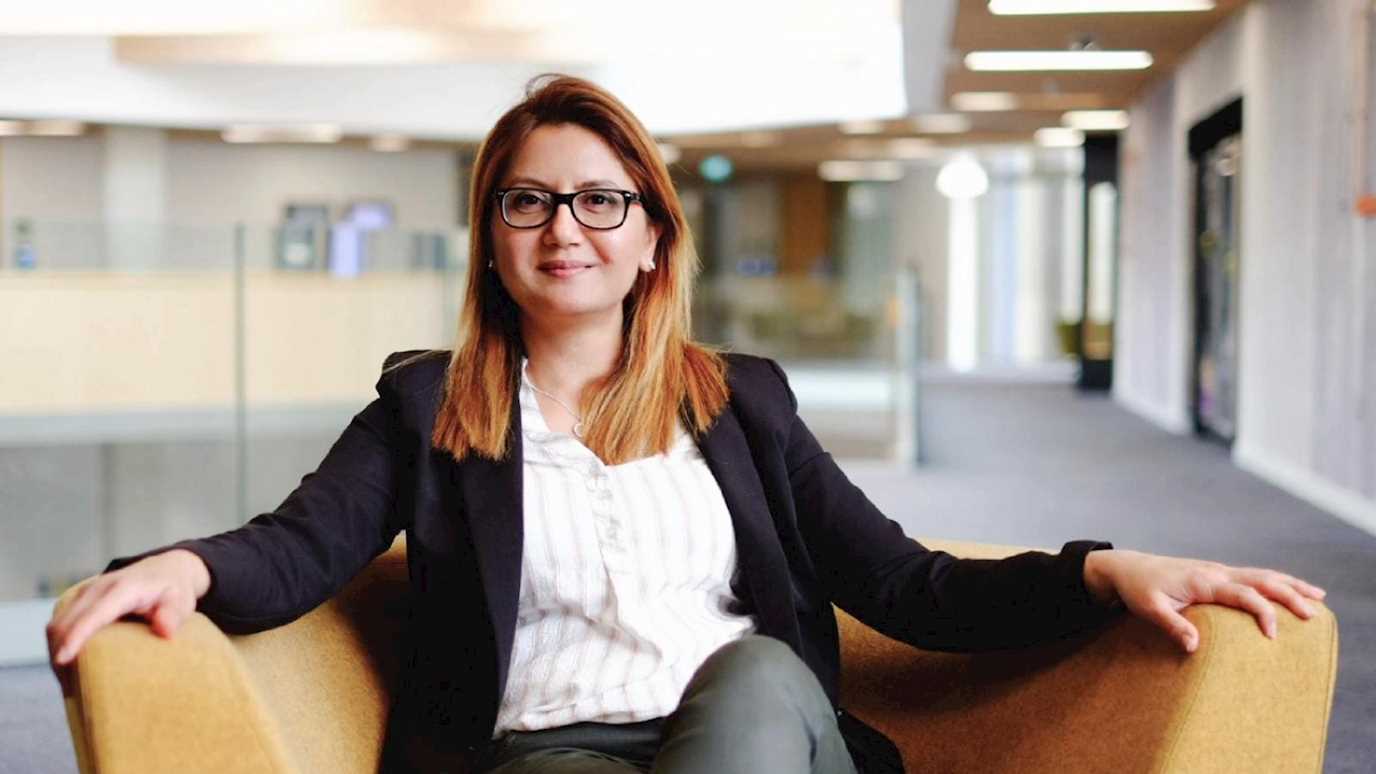Cryptographic experts at Royal Holloway are among the front runners in the race to protect sensitive electronic information against the threat of quantum computers.

The Information Security Group (ISG) is at the forefront in the development of highly secure communications.
In the multi-national process to develop the first cryptographic standard to protect sensitive electronic data against the threat of powerful quantum computers, the US National Institute of Standards and Technology (NIST) has shortlisted their finalists for further review.
Professors Martin Albrecht and Carlos Cid from the Information Security Group (ISG) at Royal Holloway are part of the submission team of Classic McEliece, one of the finalists. The Classic McEliece team also includes former ISG colleague Professor Kenny Paterson, now at ETH Zurich Applied Cryptography Group.
Classical computers have many strengths, but they find some problems intractable – such as efficiently factoring large numbers. Current cryptographic systems make use of this difficulty to protect data when surfing the web, the details of online bank transactions, and other sensitive information. Quantum computers can solve many of these previously intractable problems easily, and while the technology remains in its infancy, it will be able to defeat many current cryptographic schemes as it matures.
Because the future capabilities of quantum computers remain an open question, NIST has considered a variety of mathematical approaches to safeguard encryption. From the initial 69 submissions, which largely fell into four different families of mathematical approaches, several selection rounds over a three year period were needed for the agency to decide on the small subset of algorithms that will form the core of the first post-quantum cryptography standard.
Professor Carlos Cid from Royal Holloway said: “It’s exciting to be part of this final selection round knowing that NIST anticipates choosing and standardising algorithms that will provide users with the tools capable of protecting their sensitive information for years to come. It’s crucial that solid defences against powerful quantum computers are developed and widely deployed, and we are proud that the ISG is playing a part in this all-important process, advancing information security for the foreseeable future.”
Researchers in the ISG and the Mathematics department have also contributed to the NIST PQC process by performing the security assessments of several submitted candidates. While Classic McEliece is a ‘code-based’ scheme, another prominent family is ‘lattice-based cryptography’, an area in which the ISG has strong expertise. ISG researchers have thus been also heavily involved in the evaluation of submitted algorithms, investigating the power of classical and quantum computers to solve the underlying hard mathematical problems.
Professor Martin Albrecht from Royal Holloway, commented: “It’s imperative we study the security of these schemes thoroughly to gain confidence in their security. This is particularly needed as this informs what parameters we have to choose to achieve a desired level of security, as there is a trade-off between security and performance.”
Professor Carlos Cid added: “The next challenge on the horizon then is to study the interaction of these systems with the wider IT infrastructure, to identify issues affecting their deployment, including any bottlenecks, as early as possible.”
The third round is expected to last about a year, after which NIST will request comments from the community. Following this roughly 18-month period, NIST plans to publish the initial standard for quantum-resistant cryptography in 2022.
























